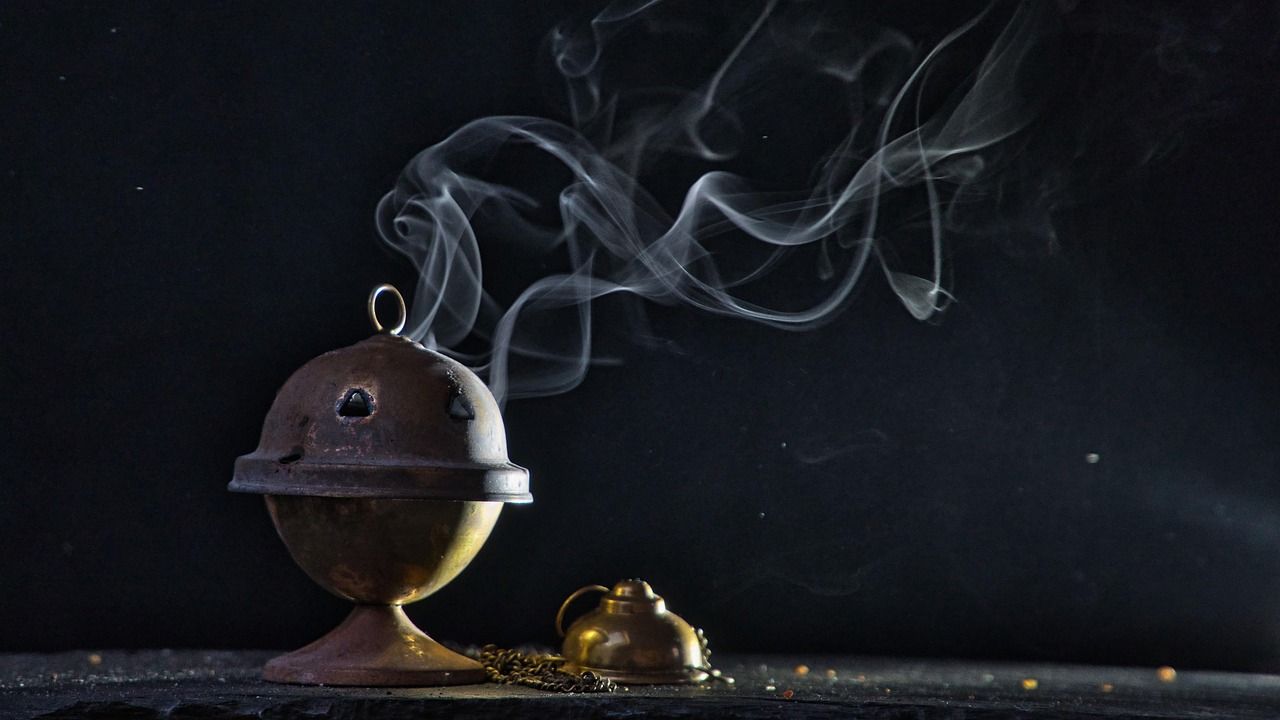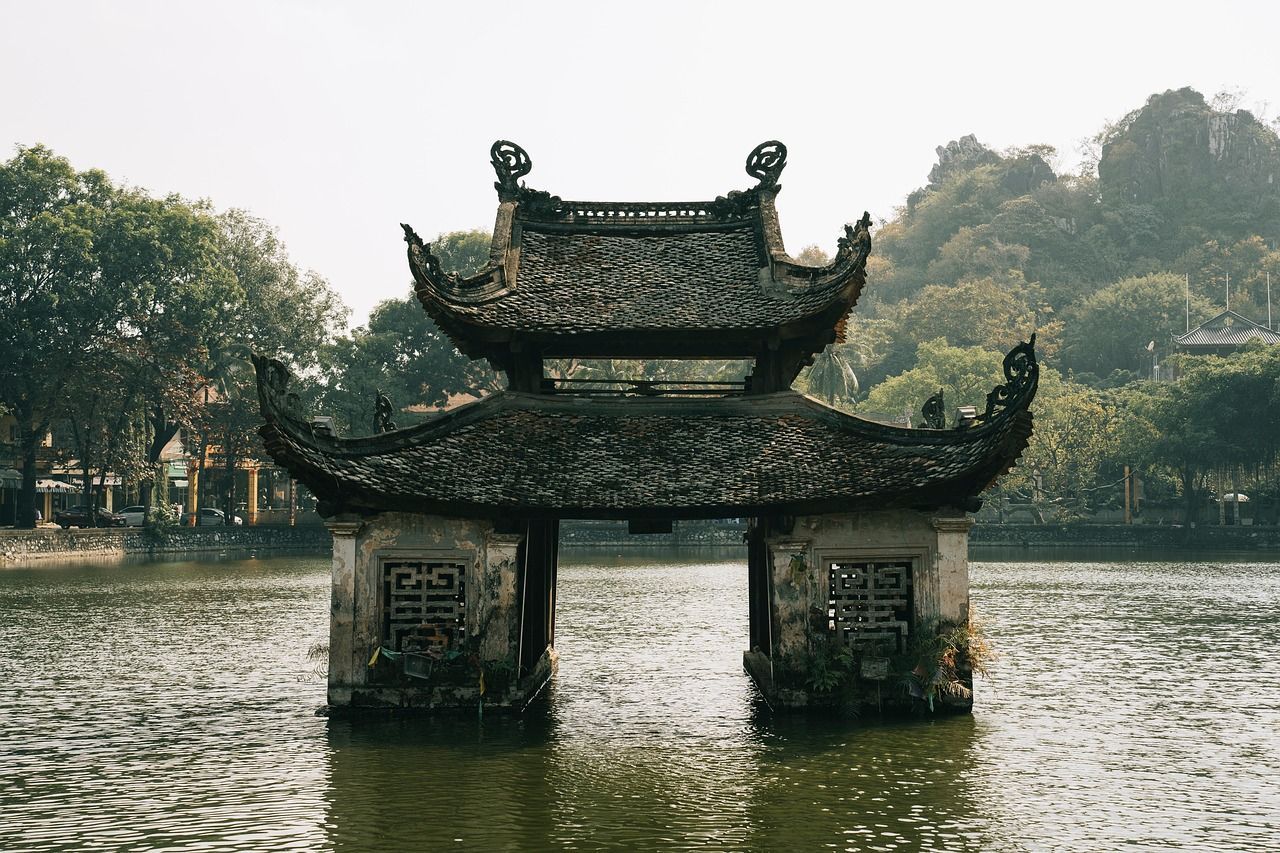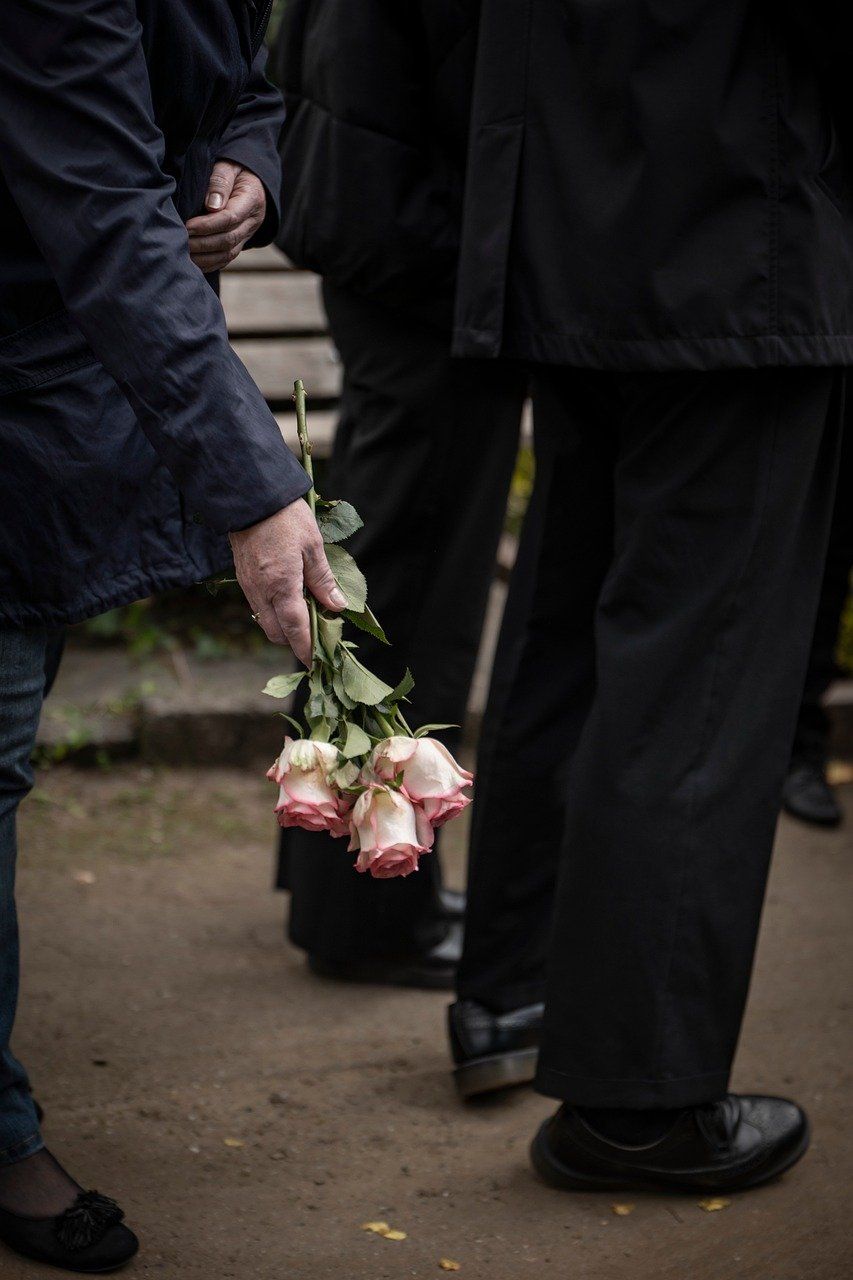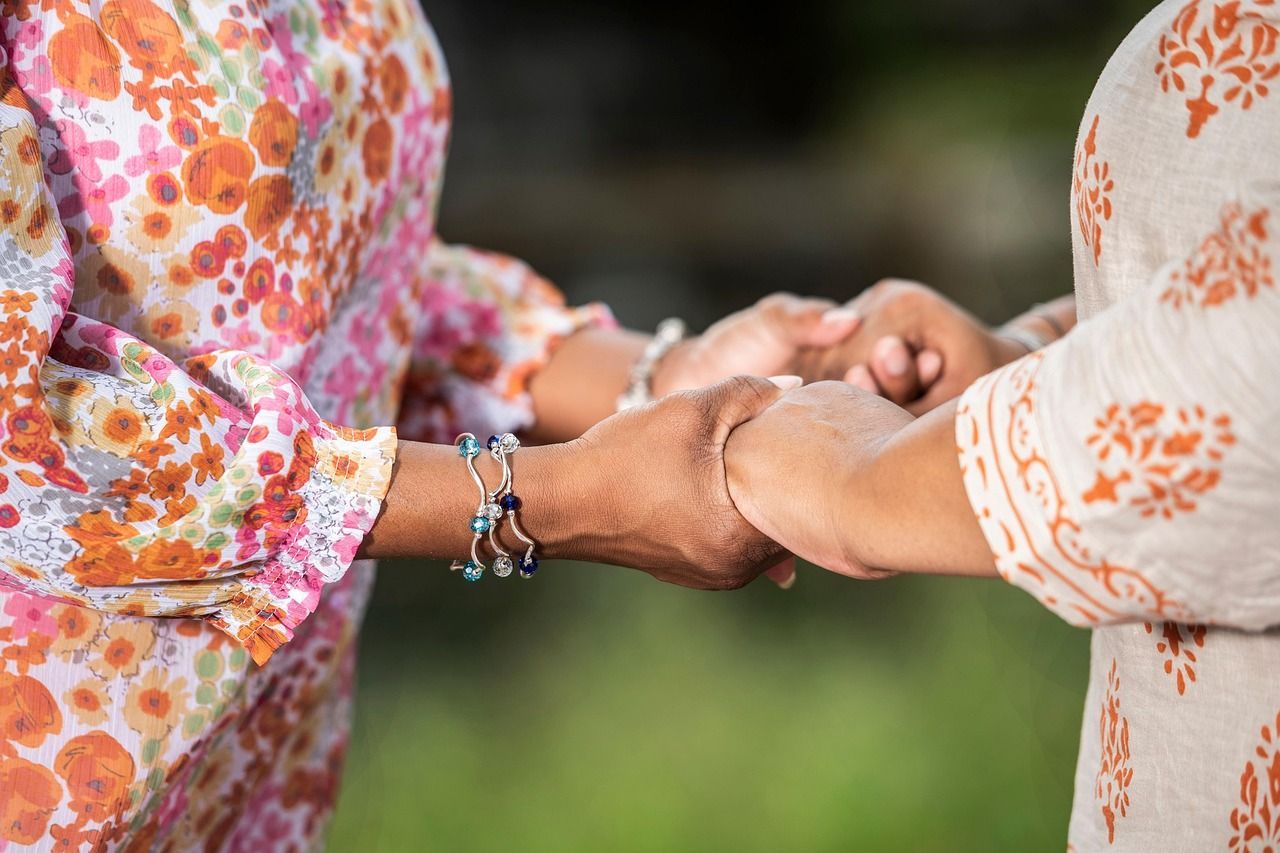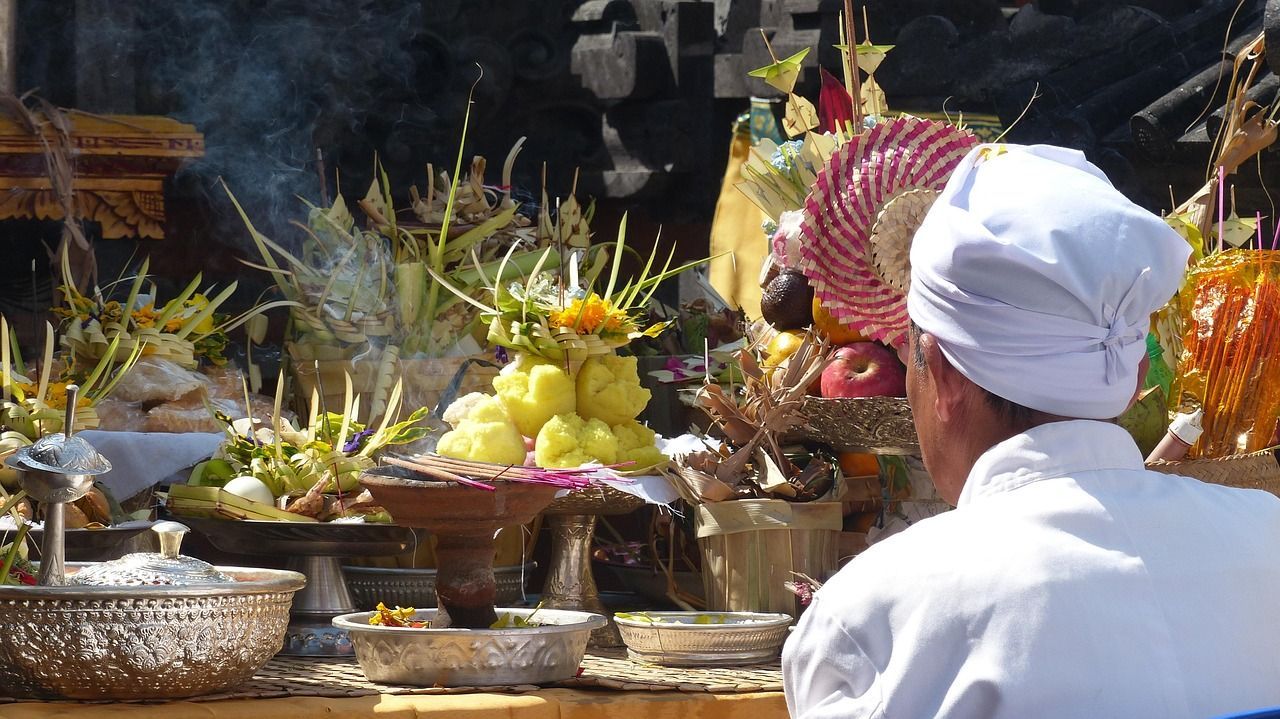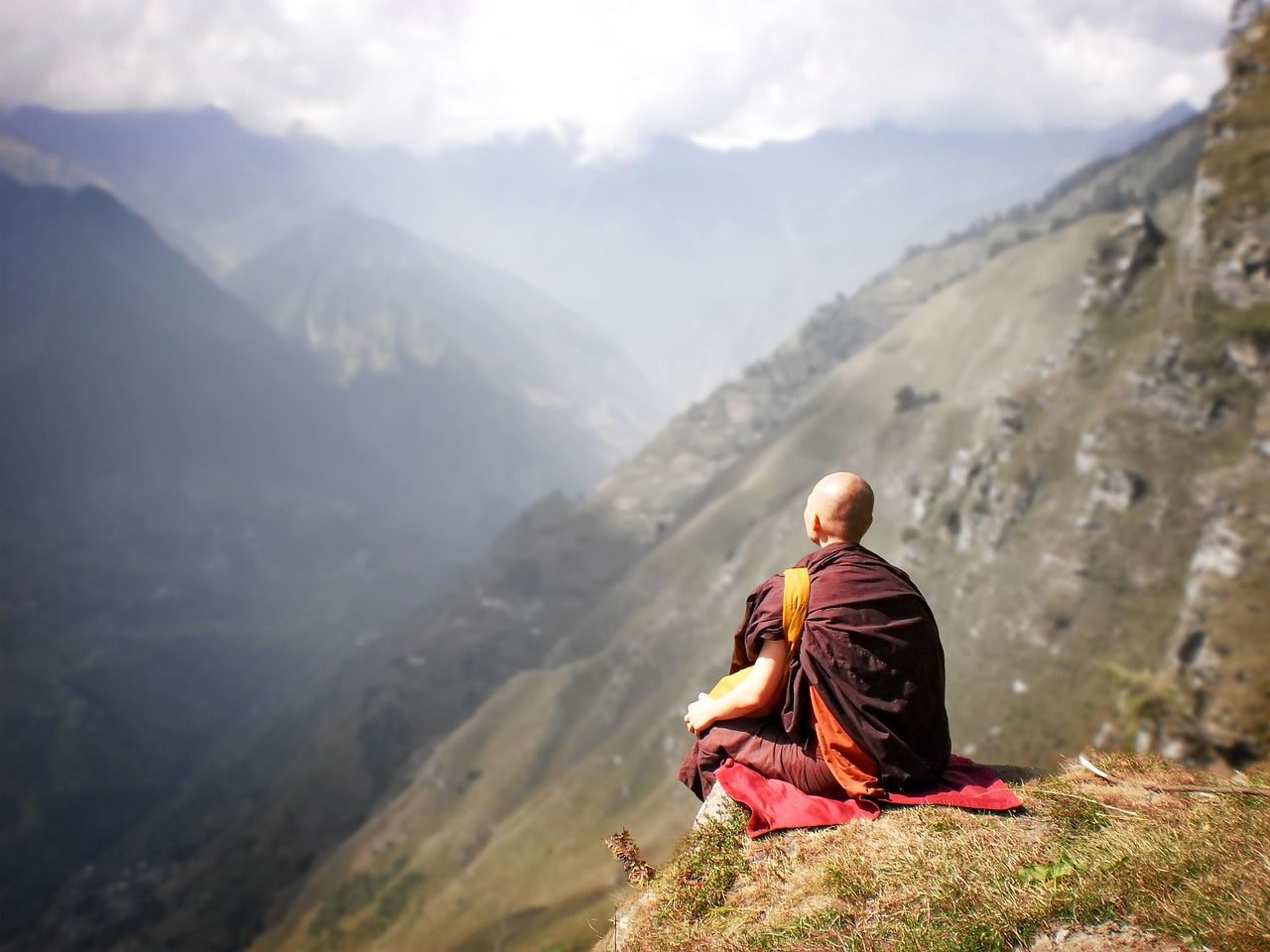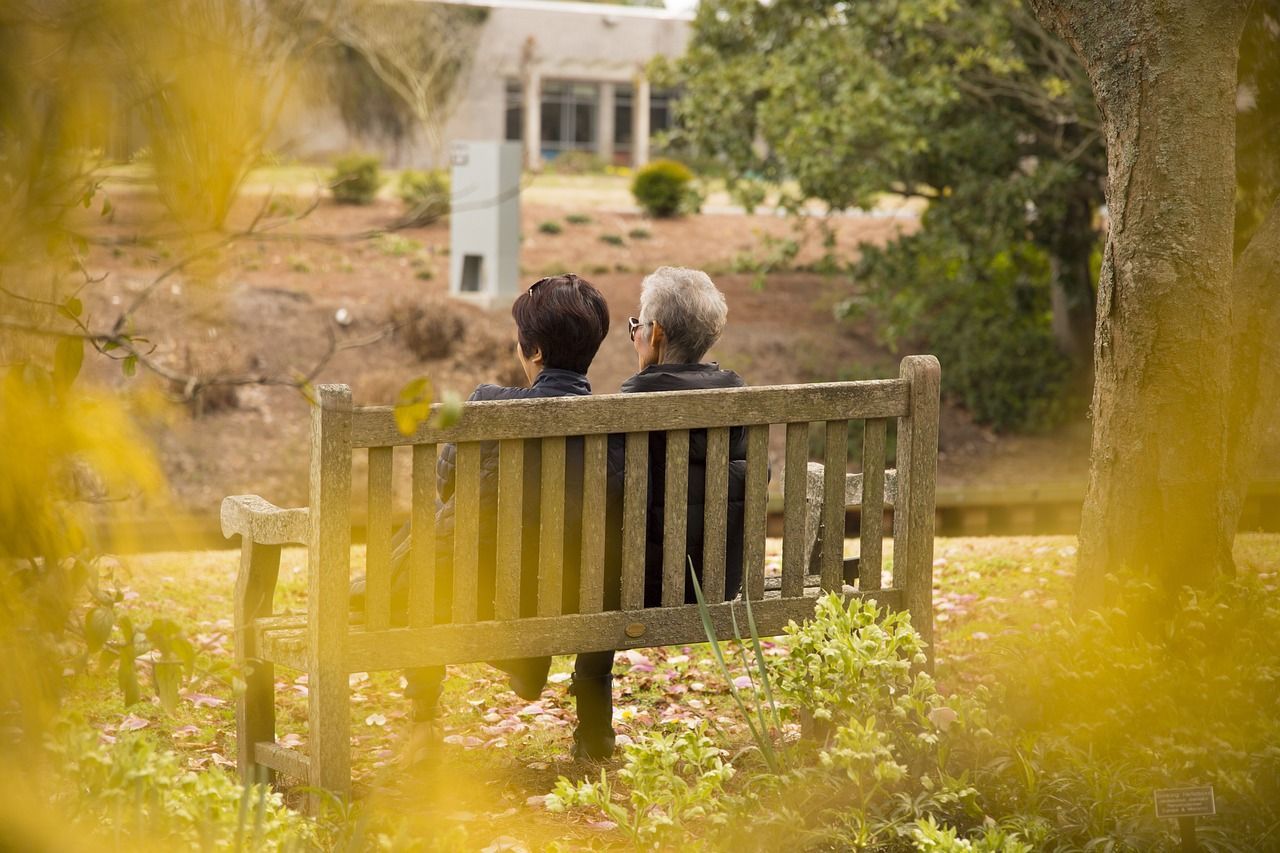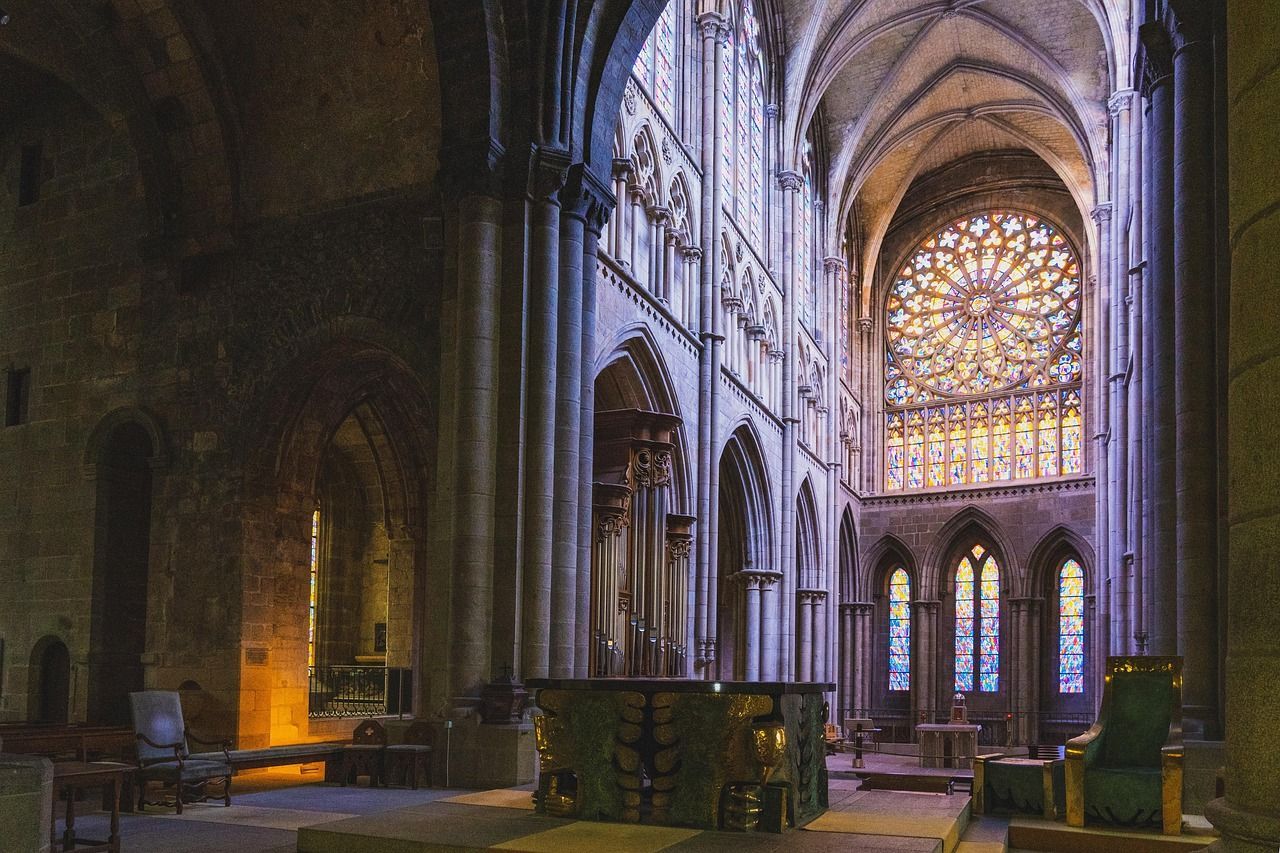Guiding the Spirit: The Meaning of Chanting in Cambodian Funeral Rituals
Funeral traditions provide comfort, guidance, and a way for families to honor a loved one’s life. For Cambodian families, chanting holds a deep spiritual meaning during funeral services. It is believed to support the soul’s journey, bring peace, and create a sacred atmosphere for reflection and healing.
At Pennsylvania Burial Company / Baldi Funeral Home, we recognize the importance of preserving cultural traditions. This article explains the significance of chanting in Cambodian funeral rituals, what families can expect, and how this meaningful practice helps guide the spirit with dignity and respect.
The Importance of Chanting in Cambodian Funeral Rituals
Chanting is one of the most essential elements in Cambodian Buddhist funerals. It is traditionally performed by monks and serves several important purposes:
Spiritual Guidance for the Soul
The recited chants are believed to guide the spirit of the deceased toward its next phase, offering blessings and clarity on the path ahead.
Comfort and Reassurance for the Family
The peaceful rhythm and sacred words create a calming environment, helping family members find emotional comfort during a difficult time.
Honoring Buddhist Teachings and Traditions
Chanting reinforces values such as compassion, mindfulness, and gratitude, which are central to Cambodian culture and Buddhist beliefs.
What Families Can Expect During Chanting Ceremonies
While traditions may vary slightly among families and temples, the chanting portion of a Cambodian funeral often includes:
Monk-Led Prayers
Monks gather near the casket or altar to recite prayers, sutras, and blessings. Their presence symbolizes spiritual strength and protection.
Use of Incense and Offerings
Incense, flowers, candles, and food offerings are placed near the altar. These items are seen as acts of respect and generosity to benefit the loved one’s spirit.
A Peaceful, Reflective Atmosphere
Families observe the chanting in silence. This time allows loved ones to reflect, pray, and embrace the meaningfulness of the ritual.
The Role of Chanting in Honoring the Deceased
Chanting is more than a religious practice; it is a way of expressing gratitude, love, and respect for the person who has passed. It provides:
- A moment of spiritual connection for family and community
- A way to honor the beliefs and identity of the loved one
- A meaningful tradition that can bring healing and unity
For many families, maintaining this ritual is a way to preserve heritage and ensure future generations understand its significance.
Adapting Cultural Traditions With Care
We understand that families may wish to honor Cambodian traditions while also incorporating personal touches. Some choose to:
- Combine chanting with a memorial slideshow or life tribute
- Include favorite readings or family-led reflections
- Add cultural music or meaningful songs after the chanting ceremony
Our team is here to help families find the right balance between tradition and personalization, ensuring the service reflects what matters most to them.
Frequently Asked Questions
Is chanting required for a Cambodian funeral service?
While chanting is a meaningful tradition, it is not mandatory. Families may choose elements that hold the most significance to them.
How long does the chanting portion of the ceremony last?
Chanting can last anywhere from a few minutes to an hour, depending on family preferences and the number of monks participating.
Can non-Buddhist family members participate?
Yes. All guests are welcome to attend, observe, and show respect during chanting, regardless of religious background.
Are offerings necessary?
Offerings are traditionally included, but families may adjust based on personal beliefs, budget, or cultural preferences.
Can chanting be included in cremation or memorial services?
Absolutely. Chanting can be incorporated into any type of service, whether traditional, cremation-based, or a celebration of life.
Honoring cultural and spiritual traditions plays a meaningful role in the grieving and healing process. If your family would like guidance on planning a service that respects Cambodian customs, our team is here to help.
